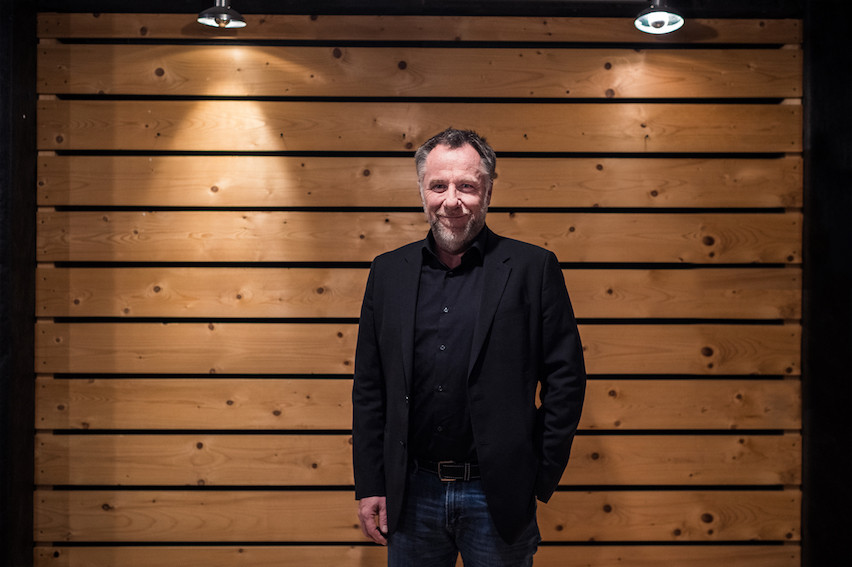Daniel Eischen admits “nobody else outside of this room would care” but “I’ve been involved with the British chamber for 20 years, I’ve been on the council for 10 years, so it’s a very big honour” to have been appointed chair in April 2019.
Eischen, a native Luxembourger, is chuffed to have been selected in the midst of Brexit. He reckons the business group “is ready” for the future, be it “post-Brexit or post-not-Brexit or post-remain or exit, whatever will happen”.
Their first reaction to the vote was to ask “what role could we play?”. But Eischen says, “very quickly we saw that it was just beyond whatever we could do,” since the group could not predict the future. So the chamber has not set about offering advice, but rather focuses on “creating platforms where people exchange [and] trying to get people in the know to speak”.
But the lack of clarity has been frustrating. “We had our first ‘post-Brexit’ event on 7 November,” Eischen recalls. “We thought it would already be over [by then]. We thought in November, we would know where we are. And we still don’t know where we are... so it’s a little bit discouraging.”
Eischen expects Brexit will remain a dominant issue in 2020. “It was supposed to be delivered. It hasn’t been delivered. So it’s hanging over everybody living in Europe, everybody doing business, all our friends.” The key problem is that while the Brexit date has been pushed back, “the transition period still ends on the 31st of December” 2020.
Instead of the original 20 months to negotiate a new EU-UK relationship, “now it’s going to just be 10months. People just think that it’s important to get Brexit delivered, but what they don’t see is the more they push this [back], the more catastrophic it’s going to be, because they will have to renegotiate” to get the transition period extended, in order to have sufficient time for future trade talks.
The Greta movement
“If I look back at 2019, a very polarising thing is the famous Greta [Thunberg] and the environment.” Eischen is hopeful the teenage Swedish activist and the Youth for Climate demonstrations she inspired represent “a generational movement”.
While he is not 100% sure, “I’m more positive than my two sons [who are both in their early 20s]. For me, it’s a very positive thing to see that the environment question seems to have a new ‘ambassador group’ which are young people. I think it’s good that, through what they do, journalists and media have thought it was an interesting topic and gave space and time to talk about it.”
As a business leader, environmental issues are “really important and for me clearly something that we should push. Because we know that it’s important for our lives, it’s important for our businesses, but it’s also important for HR, for the next generation of people that you want to hire. They’re really interested in the planet.”
“But I just hope that it’s going to be something solid… that it’s going to influence somehow the way people think over the years to come, not only 12 months or 24 months.” He is concerned that today’s younger generation could become discouraged when they see that progress is inevitably slow going.
Small acts add up
Environmental change takes real effort, he stresses. “It’s not enough to just have a positive attitude, you need to do it every day. And it’s complicated.” For example, Eischen recently bought a hybrid car, which he does not tout as a revolutionary move. “You think just by taking the decision that you’re going to buy a hybrid car, you save the world? No.”
Plus, the car has turned out to be less practical than he had expected. It has limited non-fuel range and charging its batteries could be more convenient. “It’s like when you have kids, you need to get organised with your agenda.”
Nevertheless, small gestures do add up and Eischen thinks Luxembourg should strive to set a good example. “It’s part of our nation branding, it’s part of our identity. Even if we’re a small country, we should show that we can be engaged, committed, that we can do something.”
Even if it has limited impact on a global scale, the country needs to show “we still believe that it’s the right way to do it”.
